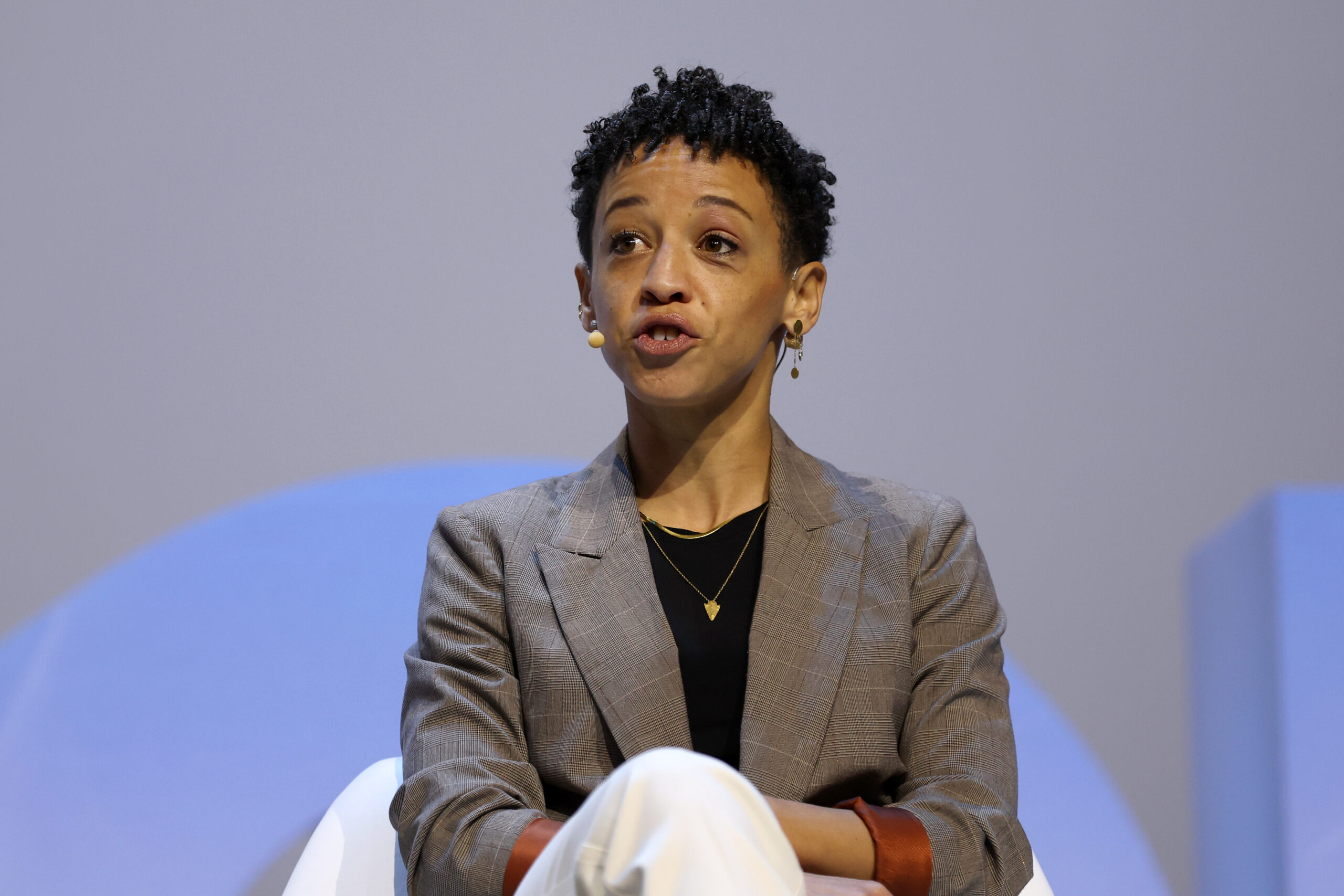It is recognised as one of the fastest growing sports in the world. However, with increased awareness of the joys and excitement of women’s football comes greater concern about abuse.
Sarah Gregorius, Director of Global Policy and Strategic Relations for Women’s Football at international players’ union FIFPRO, believes it is time to tackle the issue head-on and get ahead of the game – especially when it comes to social media.
“I don’t know if there is necessarily more abuse being received,” she tells The Daily during SportAccord 2024. “I think in part there is just much greater visibility now than there has ever been before and different tools available to those who wish to openly abuse and discriminate.”
“Social media has played an important role in increasing exposure and driving visibility, but it should not become a case of a trade-off, whereby online abuse is seen as some sort of unfortunate by-product of having an online presence and needing social media for visibility and exposure. More needs to be done to apply proactive protections.”
As someone who played professional and international football for a decade, Gregorius can draw on plenty of experience of athletes facing various forms of abuse. She took part in three FIFA Women’s World Cups and two Olympic Games.
At FIFPRO, she guides the organisation’s policy and strategic development in women’s football, overseeing efforts to improve and accelerate the industry. Gregorius also makes the point that, when everything is stripped away, being a footballer is just another job.
“The online environment for the modern athlete is an extension of their workplace,” she says.
“We should therefore have appropriate workplace safeguards in place in order to protect players, as athletes and as people, from experiencing abuse and discrimination.”
Gregorius would like to see social media platforms adopt a more proactive approach to racism, sexism and other forms of discrimination and prejudice rather than just taking down offensive material. However, she adds that this is just one area of concern and is not unique to women’s football.
“It is high on the list, but it should be high on the list across all of football – not just women’s football,” she says. “Having environments that are healthy, safe and provide for the holistic wellbeing of players as people should be one of the most important things on anybody’s list.” Underpinning everything is governance, with Gregorius eager to shake up a structure that she believes is built by men, for men.
“Women’s football has proven itself, time and time again, to be an industry with enormous potential and exponential growth capacity, both on and off the field,” she adds.
“What routinely holds it back, and holds the players back as a consequence, is the governance and decision-making structures that surround the sport. Many of the most important structures are ones that are built for men’s football purposes, meaning at both an international and domestic level there is not significant and focused attention given to the women’s game and its players.”
“This is how and where inherent structural sexism plays out, and the cascading effects can go far and deep. Many of the issues that women’s footballers face can be traced back to this issue – whether it is their working conditions, the way the sport is marketed and subsequent commercial opportunities, or the decisions made around competitions and the calendar.”
“There are not often decisions made in football that really have the unique positions and needs of the women’s players at the heart of them. We cannot find and implement fit-for-purpose sustainable solutions and pathways forward for the sport if we don’t address this fundamental issue.”
Hit the share button on the SportAccord 2024 ‘Tackling online abuse in sport’ video.




